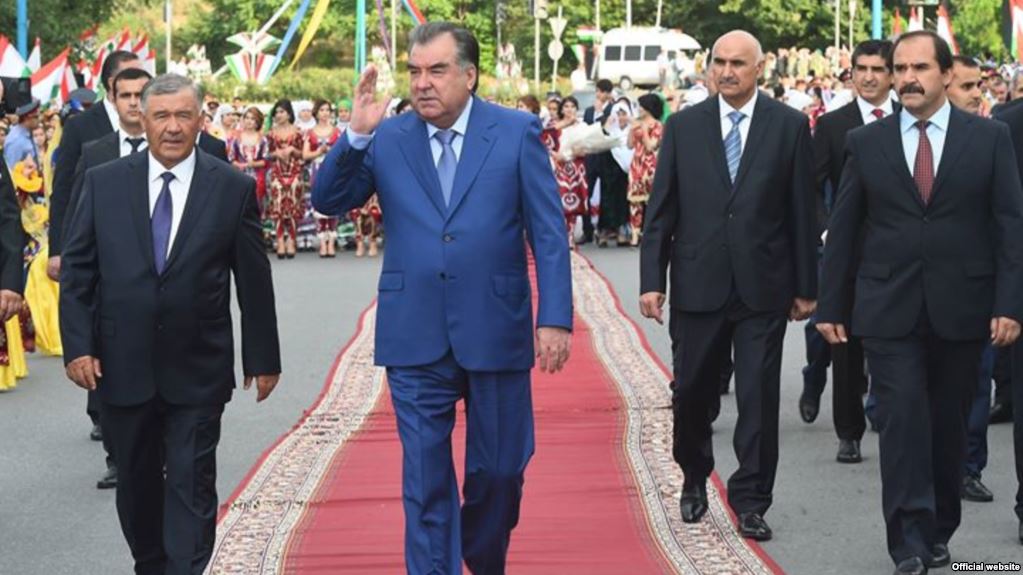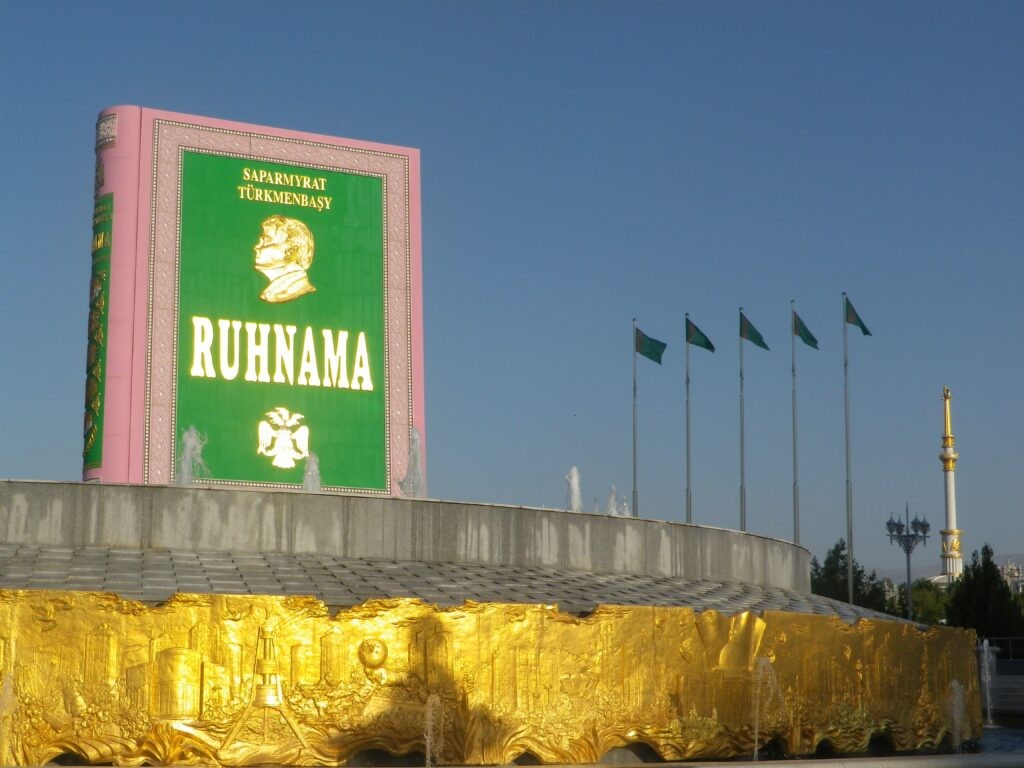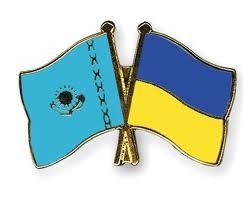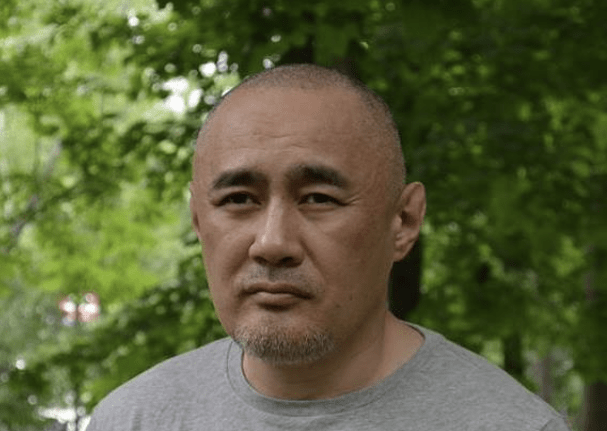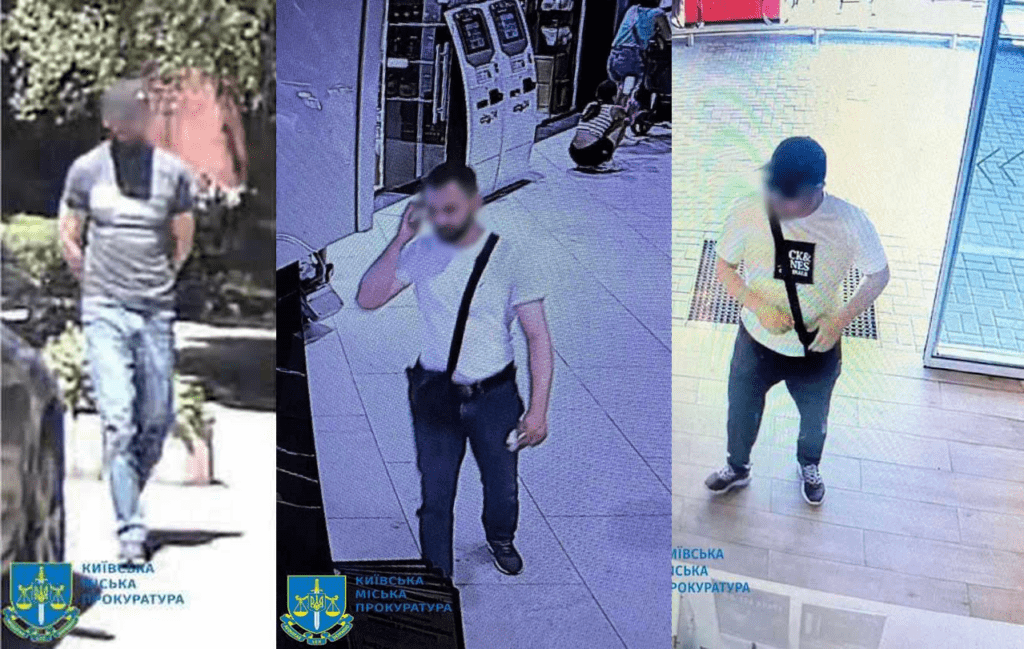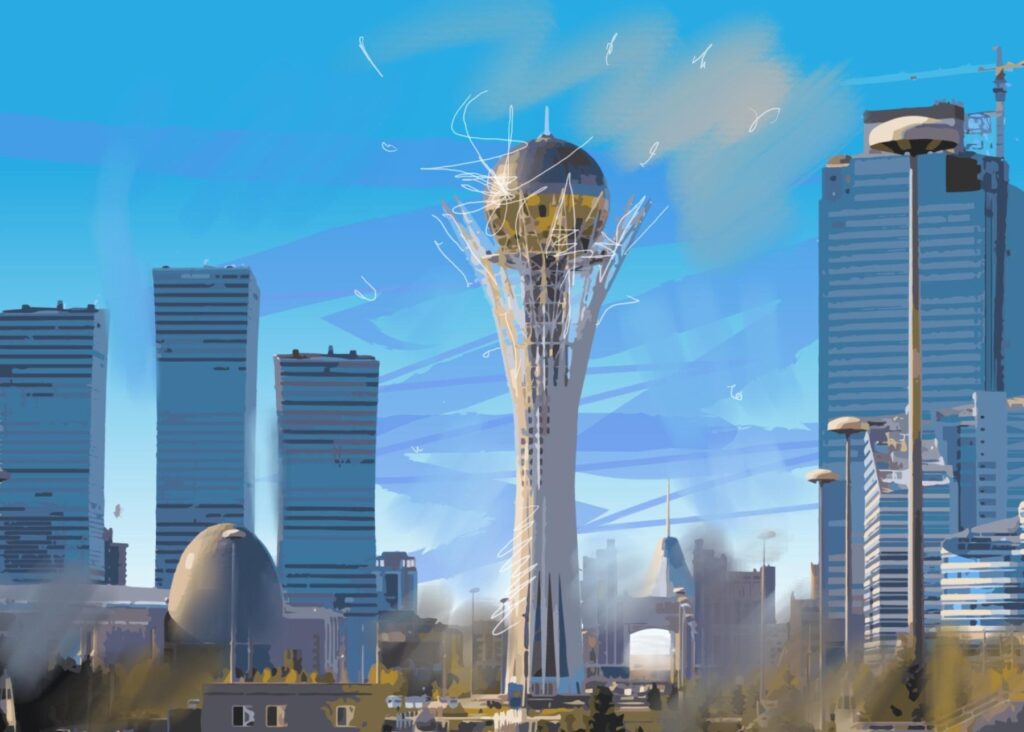DUSHANBE (TCA) — The town of Vahdat, some 25 kilometers east of Tajikistan’s capital, Dushanbe, on June 27 hosted official celebratory events marking the 20th anniversary of the signing of the Tajik Peace Accord that ended a five-year civil war between the secular government and the coalition of opposition groups led by Islamic forces.
In his speech at the event, Tajik President Emomali Rahmon said that the civil war caused the death of tens of thousands of Tajik people while more than a million Tajiks fled their homeland. At that time, the president said, “we faced the threat of disappearance of the young Tajik state from the world’s political map and a breakup of the Tajik nation.”
Rahmon also emphasized the importance of strengthening of the national economy for improvement of the nation’s wellbeing and strengthening of national unity.
Security was stepped up in the town ahead of the event in the city’s sports stadium, where some 30,000 people gathered, RFE/RL’s Tajik Service reported.
Markets were closed and public transport was canceled.
The peace treaty was signed on June 27, 1997, between Rahmon and Said Abdullo Nuri, the leader of the United Tajik Opposition (UTO) in Moscow after a series of peace talks brokered by the United Nations.
The deal included a political settlement that would give 30 percent of government positions to UTO representatives.
Tajikistan has since banned the Islamic Renaissance Party that was officially registered during the peace process. In 2015, Tajikistan’s Supreme Court declared the party to be a “terrorist” organization and jailed several high-ranking party officials on terrorism-related charges.
Rahmon, who has been ruling Tajikistan since 1992, is widely criticized for suppressing dissent.
